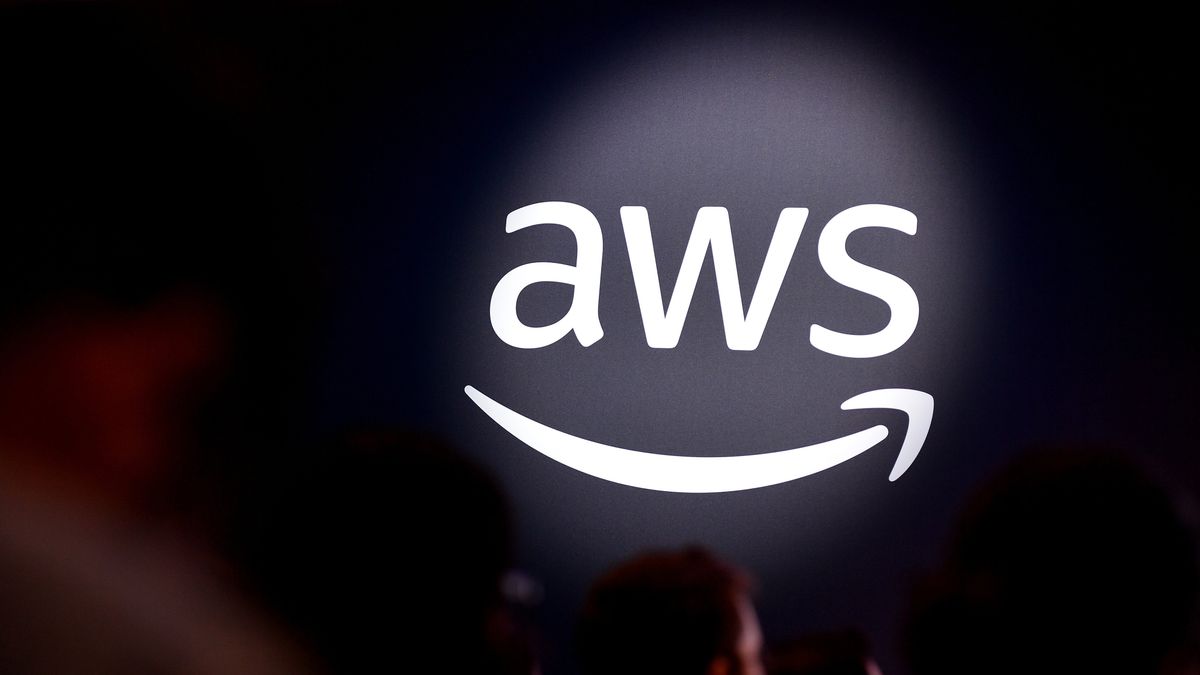In the fast-paced realm of technology, where innovations are shaping the way businesses operate and individuals interact, the intersection of cloud computing and artificial intelligence stands as a transformative crossroads.
During a recent theCUBE insights segment held during Google Cloud Next, theCUBE analysts discussed Google’s competitive strategy, unveiling a strategic bid that seeks to redefine the cloud landscape through the power of AI integration.
“I think the number one thing walking away from 2019 to here is the stark difference between how they’re presenting the content,” said theCUBE industry analyst John Furrier (pictured, second left). “In 2019, it was speeds and feeds. This year, they had some of those cool features, but it was more about the roadmap of the company. It was more about where they’re going and why they exist. I think they’re really taking a grab at this cloud meets AI, and to me they could go for this AI cloud positioning.”
Furrier spoke with fellow analysts Lisa Martin (left), Rob Strechay (right) and Dustin Kirkland (second right) at the Google Cloud Next event, during an exclusive broadcast on theCUBE, SiliconANGLE Media’s livestreaming studio. They shed light on Google’s positioning, its aspirations to lead the AI cloud revolution and the critical factors that have propelled AI into the forefront of technological evolution. (* Disclosure below.)
Exploring Google’s transformative approach to cloud and AI integration
In an era where AI’s significance is skyrocketing, the conversation at Google Cloud Next delved into the factors fueling AI’s recent explosion.
Hardware, such as Nvidia Corp.’s GPUs and innovations from Intel Corp. and Advanced Micro Devices Inc. have enabled unprecedented scalability. This hardware revolution, combined with the exponential increase in data generation, has created the perfect storm for AI’s evolution, according to theCUBE analysts.
“It’s been really amazing to watch what’s happened in four years. The big difference here this year from then, it’s just the enterprise adoption of Google,” Kirkland said. “There was certainly no … meaningful talk of AI in 2019. I think that’s played really well to Google’s strength around data, strength around search, strength around just [the] intelligence of connecting all of those dots.”
AI cloud positioning: Google’s bid to shape the future of tech
At the heart of Google’s strategy is the bold move to carve out a niche at the intersection of cloud and AI. Google intends to stake its claim as a leader in AI cloud services, targeting a unique positioning that diverges from Amazon Inc.’s developer-focused approach and targets Microsoft Corp.’s enterprise solutions, according to the analysts.
Google’s clear opportunity to change its cloud business narrative and compete with Microsoft’s solutions can potentially elevate its market position. With a strong focus on fostering ecosystem growth, Google aims to create value for customers, developing an approach that could reshape the industry dynamics, according to Strechay.
“I think it helps them with their story about how we’re being better with people’s data as well by, ‘Hey, you want to have your data on GK [Cloud Solutions], in somebody else’s cloud, we’re going to go and help you build that with GDC in Orange, or in KPN, or who knows Singtel, or some of the others around the world where they can then get that foothold,” he said.
As AI continues to advance, Google’s strategy must also encompass data management solutions. It is important to integrate AI at the edge and make technologies available beyond the cloud, such as at cell phone towers and retail points of sale.
While Amazon faces challenges in transitioning from developers to hardcore enterprise solutions, Microsoft’s enterprise focus has temporarily positioned it ahead. However, Google’s strategic positioning with AI cloud services and its dedication to fostering ecosystem growth could well set it on a path to redefine the landscape, according to Furrier.
“If they hit that ecosystem like it’s growing right now, ISVs, GSIs and giving them enablement to make money and drive value for customers, they’ll hit the trifecta,” he said. “And that’s a competitive strategy.”
Here’s the complete video interview, part of SiliconANGLE’s and theCUBE’s coverage of the Google Cloud Next event:
(* Disclosure: This is an unsponsored editorial segment. However, theCUBE is a paid media partner for Google Cloud Next. Google LLC and other sponsors of theCUBE’s event coverage do not have editorial control over content on theCUBE or SiliconANGLE.)
Photo: SiliconANGLE
Your vote of support is important to us and it helps us keep the content FREE.
One-click below supports our mission to provide free, deep and relevant content.
Join our community on YouTube
Join the community that includes more than 15,000 #CubeAlumni experts, including Amazon.com CEO Andy Jassy, Dell Technologies founder and CEO Michael Dell, Intel CEO Pat Gelsinger and many more luminaries and experts.
THANK YOU











